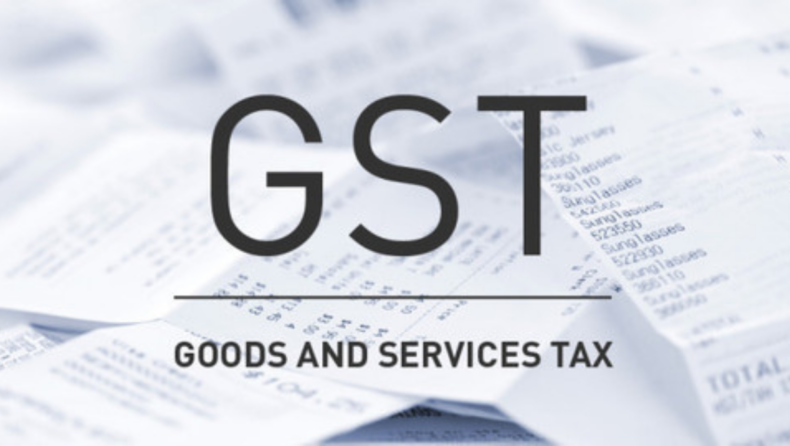Approximately 120,000 small traders will be able to profit from the waiver, which is subject to certain criteria.

The Goods and Services Tax (GST) Council has decided to exclude small online dealers from the need to register their businesses, as part of a move that is intended to stimulate the growth of the unorganised sector. On January 1, 2024, the modifications that were made to the rule will become active and take effect.
The change is expected to be beneficial to around 120,000 small investors, according to authorities who are aware of the enhancement.
According to the materials that were consulted, the Council also permitted composition dealers to make intrastate supplies via the use of e-commerce operators.
Those that sell compositions are the ones who bring in at least Rs 1.5 crore annually in revenue. They are obligated to pay GST at flat costs, although they may claim an input tax credit (ITC).
Even if their combined yearly sales are less than the threshold limit of Rs. 40 lakh or Rs. 20 lakh, merchants who sell their wares via e-commerce operators (ECOs) are required to be registered as of right now since this is a requirement imposed by the government.
Dealers who conduct their business offline are eligible for an exemption from the registration requirement for the provision of goods and/or services and items with a combined value of up to Rs 40 Lakh or Rs 20 Lakh.
Some states, including those in the north-eastern region, have threshold amounts of Rs 20 lakh, while others have threshold amounts of Rs 10 lakh.
According to a reliable source, “this kind of move will make ensuring parity between online and offline suppliers, and it can provide a major push to the convenience of doing business,” notably for micro and tiny businesses, artisans, and women marketers who work from home.
Alternatively, the waiver is subject to certain requirements that must be met.
First, companies in this category may be needed to register for permanent account numbers (PAN) and identify their principal location of business. 2nd, for each PAN, such unregistered firms will probably only be able to identify their principal workplace in a single state.
These kinds of businesses most likely are not authorised to conduct taxable sales over state lines. In addition to addressing concerns around revenue, the transfer is being made.
The transmission of information on supplies being made by the unregistered individual (by their PAN) through several ECOs, in addition to other necessary evaluations as planned, would likely enhance compliance, even more, resulting in revenue growth, the credible noted.
These modifications are in line with the recommendations made by the GST regulation committee, which is known to have discussed the difficulties encountered by small online dealers before proposing multiple steps to the Council to eliminate the disparity between online and offline dealers with certain riders.
These modifications are in line with the recommendations made by the GST regulation committee.

Such onboarding of the tiniest of Micro, Small, and Medium-Sized Enterprises (MSMEs) straight to e-commerce platforms would pay rich benefits regarding opening up activity and industry alternatives to Small and Medium-Sized Enterprises (SMEs) in remote areas of the country.
According to the supplier, the unorganised sector, particularly in rural and semi-rural regions of the nation, would benefit enormously from the proposed measures, and this will be especially true in rural areas.It is important to note that Amazon, Flipkart, and a variety of other e-commerce businesses in India operate outreach programmes to assist marketers in joining e-commerce platforms.












